Any enjoyment or profit we get from life, we get now; to kill now is to abridge our own lives
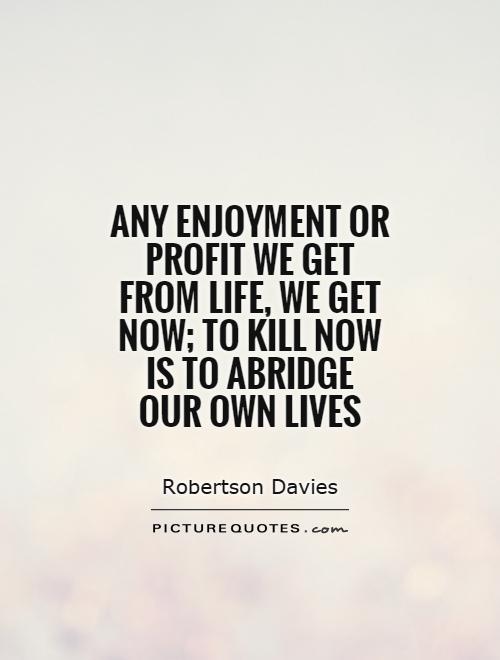
Any enjoyment or profit we get from life, we get now; to kill now is to abridge our own lives
Robertson Davies, a renowned Canadian novelist, playwright, and critic, often explored themes of morality, fate, and the human experience in his works. In the context of the quote “Any enjoyment or profit we get from life, we get now; to kill now is to abridge our own lives,” Davies’ writings offer a profound reflection on the consequences of our actions and the importance of living in the present moment.Davies’ characters often grapple with moral dilemmas and the complexities of human nature, highlighting the interconnectedness of our choices and their impact on our lives. In his novel “Fifth Business,” the protagonist Dunstan Ramsay is haunted by a childhood incident that shapes his entire life. Through Dunstan’s journey of self-discovery and redemption, Davies explores the idea that our past actions have a lasting effect on our present and future.
The quote “Any enjoyment or profit we get from life, we get now” emphasizes the fleeting nature of life and the importance of seizing the moment. Davies’ characters often face moments of reckoning where they must confront their past mistakes and make choices that will shape their future. In “The Deptford Trilogy,” the character Magnus Eisengrim grapples with the consequences of his actions and the realization that time is a precious commodity that should not be wasted.
“To kill now is to abridge our own lives” speaks to the destructive nature of violence and the impact it has on both the victim and the perpetrator. Davies’ works often explore the consequences of violence and the ways in which it can alter the course of a person’s life. In “What’s Bred in the Bone,” the character Francis Cornish is haunted by a violent act he witnessed as a child, leading him to question his own morality and the choices he has made.
Overall, Davies’ writings offer a poignant reflection on the complexities of human nature and the importance of living in the present moment. The quote “Any enjoyment or profit we get from life, we get now; to kill now is to abridge our own lives” serves as a reminder to cherish the moments we have and to consider the consequences of our actions on ourselves and others. Davies’ works continue to resonate with readers for their profound insights into the human experience and the moral dilemmas we all face.
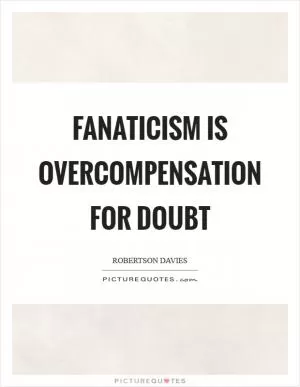
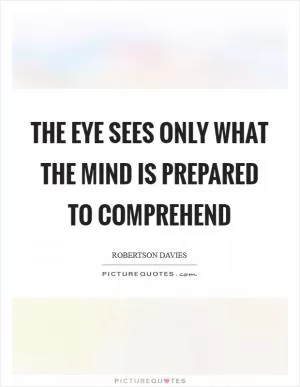

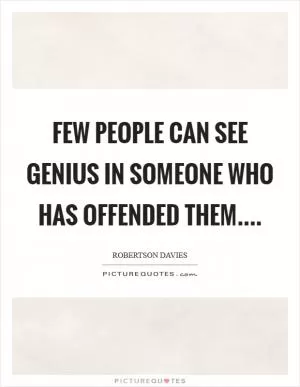
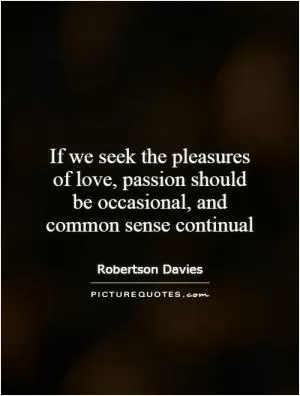
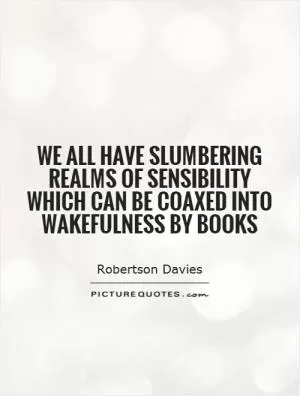
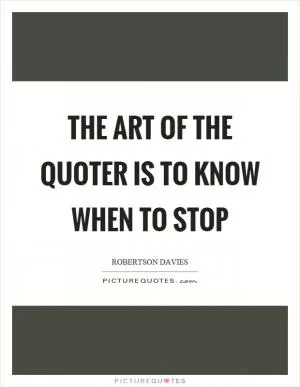
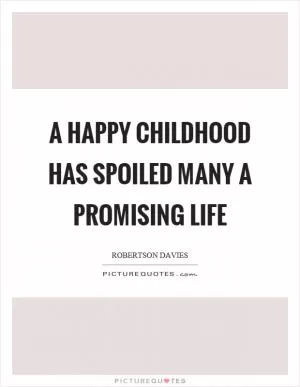
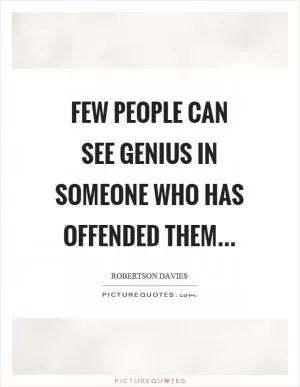
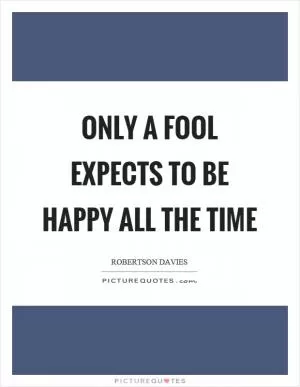
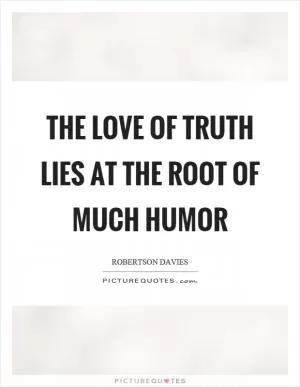
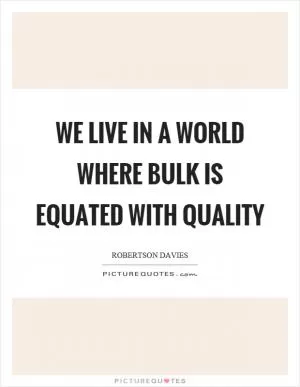
 Friendship Quotes
Friendship Quotes Love Quotes
Love Quotes Life Quotes
Life Quotes Funny Quotes
Funny Quotes Motivational Quotes
Motivational Quotes Inspirational Quotes
Inspirational Quotes